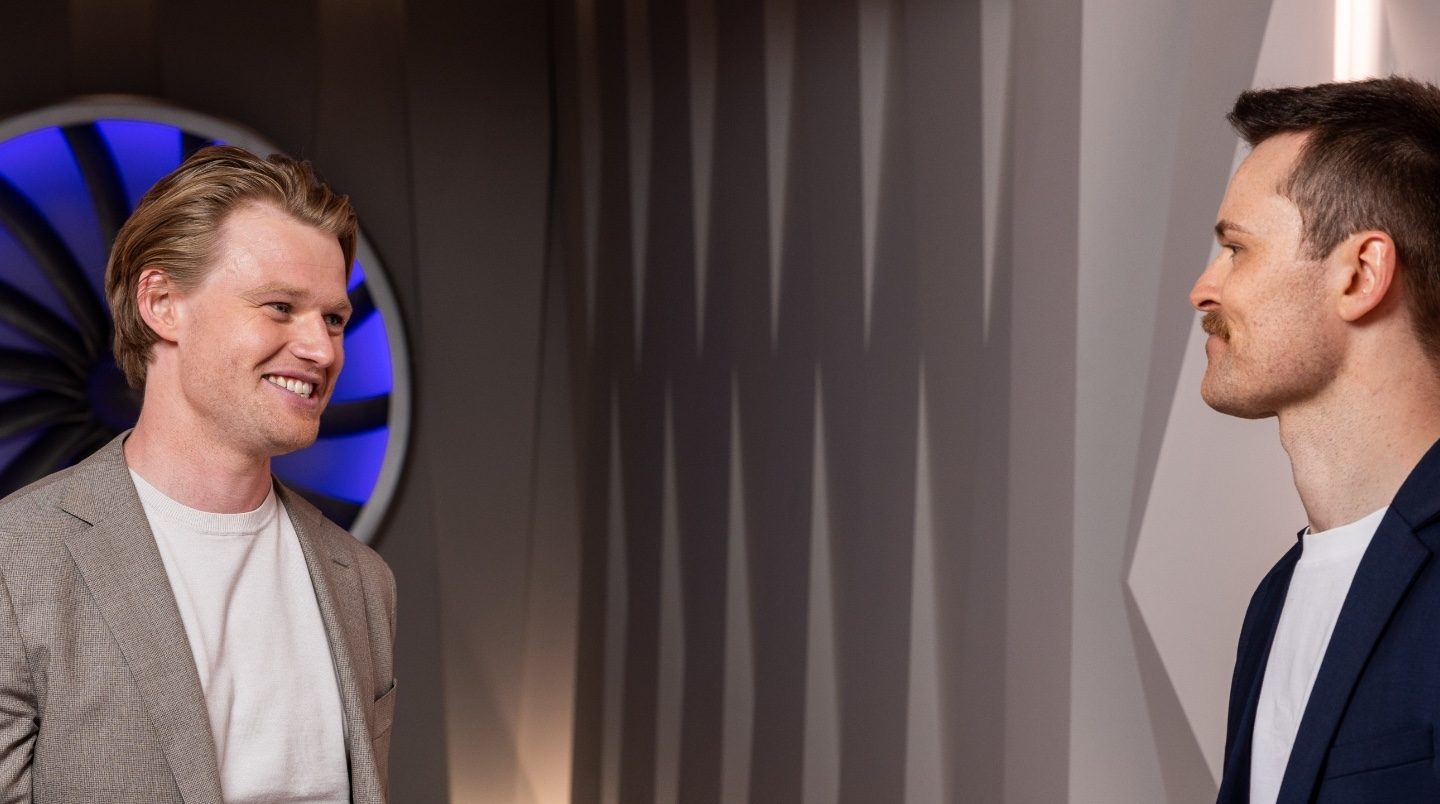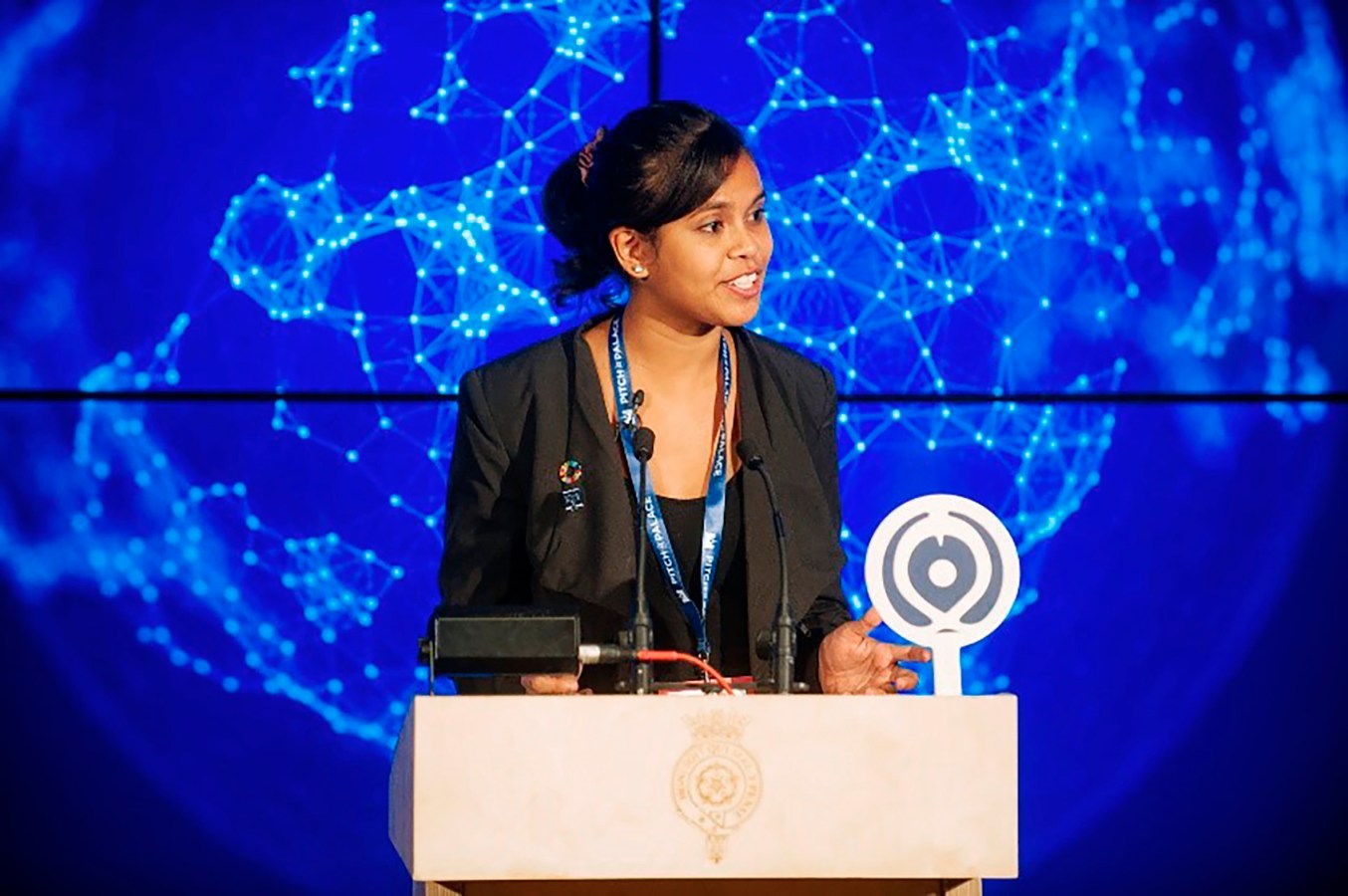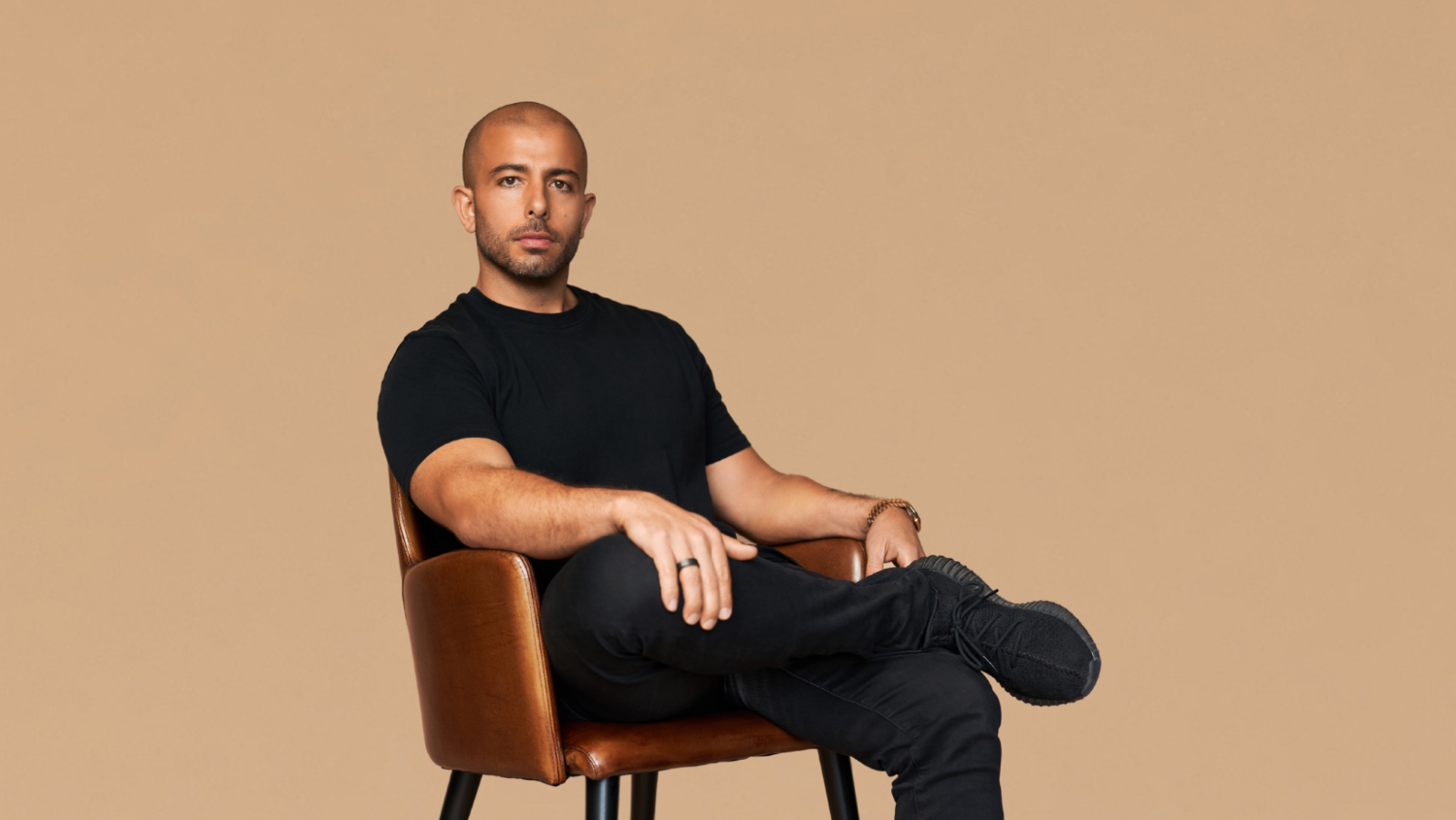The investment-pitching show Shark Tank returns to Australian screens after a four-year hiatus, announcing a new panel of judges and confronting a mixed bag of successes and ones that got away.
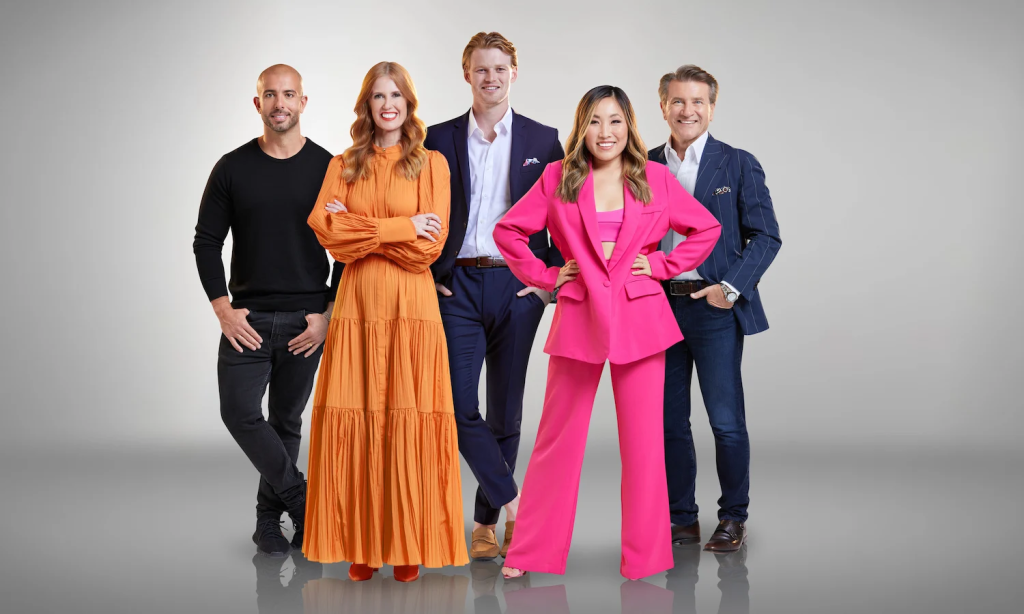
As Shark Tank returns, budding entrepreneurs hoping to find investors will present their ideas to a revamped panel, consisting of:
Sabri Suby, 38, the founder of King Kong Digital, reported to be worth about $40 million and with 50,000 YouTube followers.
Dr Catriona Wallace, 57, founder and former CEO of Flamingo AI, now heads the Responsible Metaverse Alliance, with a side hustle in psychedelic tourism.
Dave Fogarty, 28, started and failed in six businesses before Oodie, a wearable blanket that became a multi-million-dollar empire.
Jane Lu, 37, founded online fashion shop Showpo in 2010 and now turns over about $100 million a year.
Robert Herjavec, 60, a Croatian-Canadian who made his first fortune in the 90s dot-com boom and then founded an information technology company, the Herjavec Group. He appeared on the Canadian series Dragon’s Den and then the US ABC’s Shark Tank. He is reported to have invested more than $23 million over 14 seasons of the show.
Shark Tank returns to a new network, having flipped from Channel 7 to Channel 10, and will be produced by Curio Pictures which is still calling for entrepreneur contestants.
Among the more successful contestants have been Will Davis and Dave Trumbull who went on Shark Tank in 2016 asking for $300,000 in exchange for 4% equity in their car sharing app Car Next Door. Shark Steve Baxter came through with the money on a promise of more equity for 30 hours of mentoring over three years.
Davies and Trumbull sold out to Uber in 2022 based on a reported valuation of $87 million.
Related content
But most handshakes seen on television don’t result in money changing hands. In 2016, Forbes US spoke to 237 business owners who had received investment over seven seasons of the US show and discovered 73% did not get the deal they made on TV.
A 2018 Fairfax Media investigation in Australia uncovered similar numbers. “Of the 50 businesses which appeared on Shark Tank last year, 27 received investment from the sharks on television, however only four of these investments actually went ahead,” Cara Walters wrote in The Age and Sydney Morning Herald.
For example, coffee-pod business iCapsulate was offered $2.5 million – a record for the Australian show – in 2018, but the deal fell through after shark Andrew Banks did due diligence on the company. The company reportedly went into voluntary administration the following year.
But not all the changes of heart go in that direction. In 2017, Patrick Gaskin and Tom Clift, founders of the boutique greeting card start-up Cardly, walked away from a $250,000 deal after shaking with RedBalloon founder Naomi Simson.
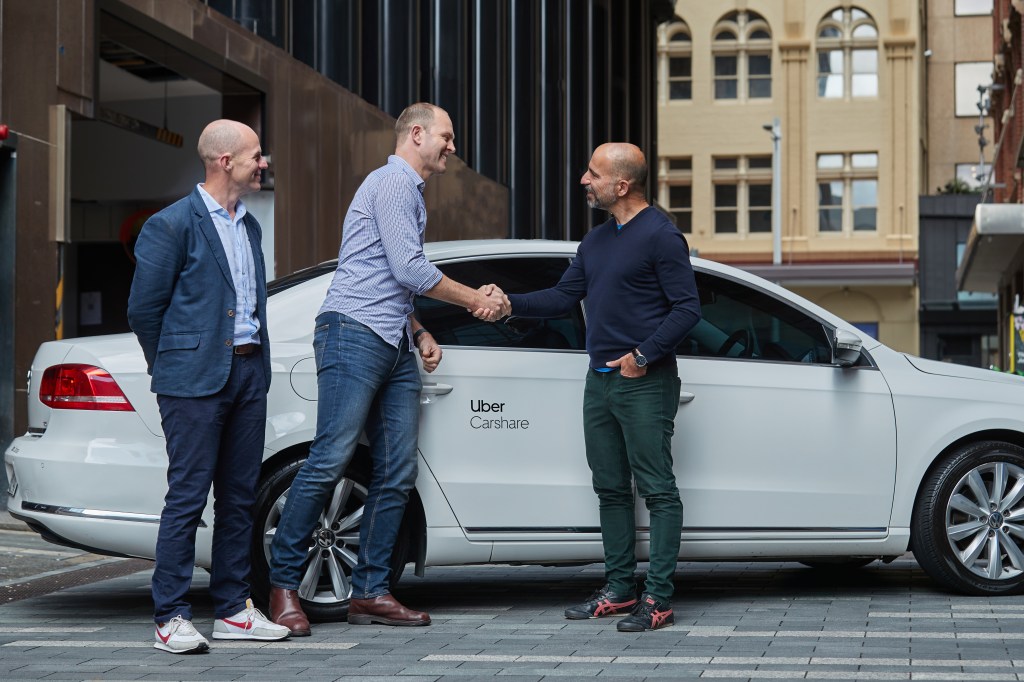
Gaskin and Clift valued Cardly at $3.57 million having made just $30,000 in sales to that time.
“We didn’t end up doing the deal,” Mr Gaskin told news.com.au. “We went through the due diligence. That all went fine, but we decided to seek funding from somewhere else. It was our decision to walk away.”
Qpay is a success story. When founders of the digital bank and prepaid debit card for students, Andrew Clapham and Zaki Bouguettaya went on the show in 2018, they got an eerie silence when they asked for $380,000 for 8.4% equity in the business. But they got it.
QPay has been reported to be the most successful of Australian Shark Tank graduates, operating in Australia, Canada, New Zealand, and the United Kingdom.
Another business, Hegs, which had developed clothes pegs with a hook attached – received $100,000 for 15% equity from investor Naomi Simson. The product got national distribution, but Hegs went into liquidation in 2019. It was brought out by an investor and continues to trade as Hegs Pegs.
Shark Tank is based on a Japanese show called Dragon’s Den.
An Australian version of Dragon’s Den appeared in 2005 with the now-disgraced host Andrew O’Keefe, featuring Suzi Dafnis, Sarina Russo, Siimon Reynolds, Peter Higgins and Darryn Lyons as the “dragons”. It was axed by the Seven Network after one episode.
Seven tried again with Shark Tank in 2015 and ran it for four seasons until 2018.

